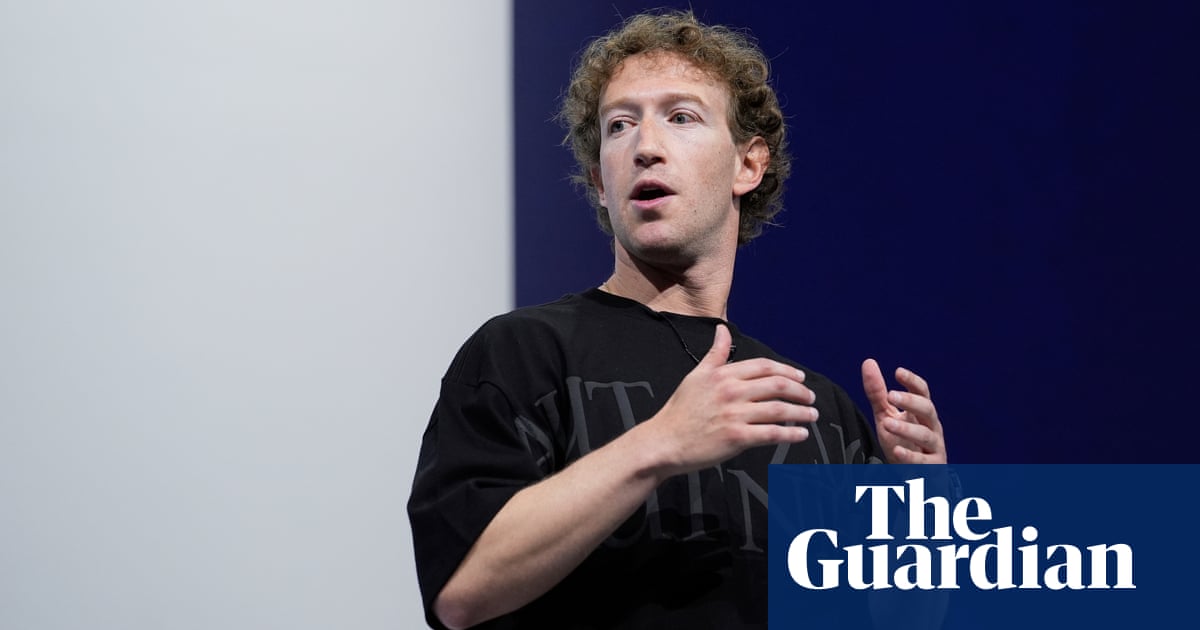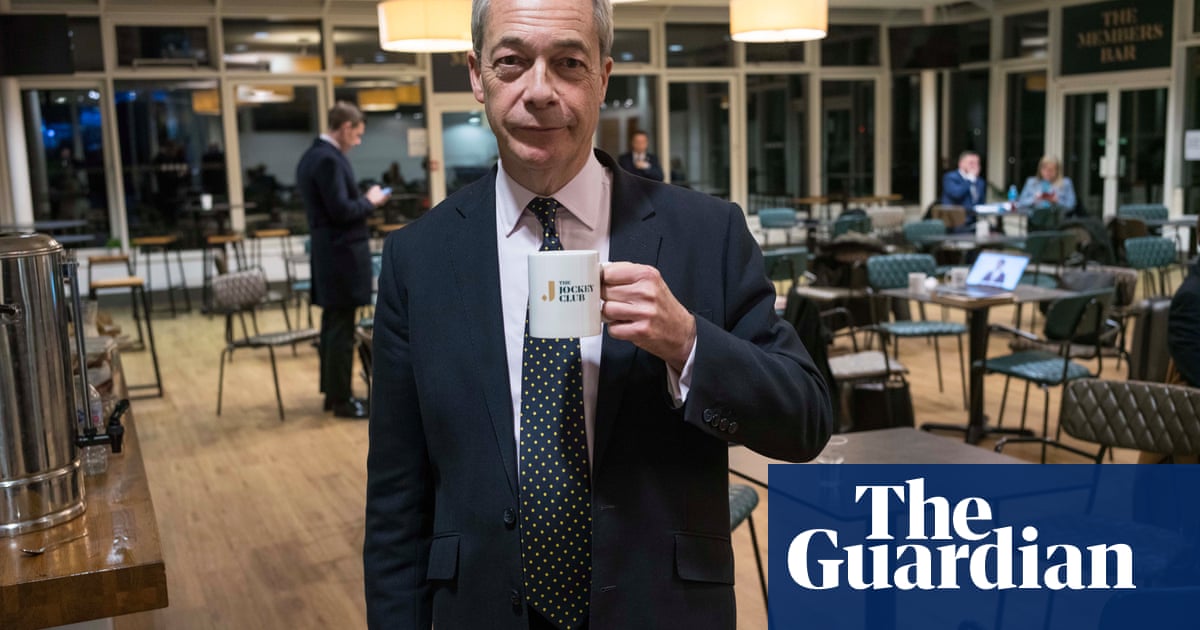Fiddling while Rome burns fairly describes the antics of party leaders in the European parliament last week. The EU is under siege from present-day descendants of the Goths, Mongols and Vandals. But what were top MEPs doing? Haggling over who gets which well-padded seat in the European Commission – as if it really matters in a chaotic, predatory world where Europe is a tethered, bleating goat surrounded by wolves.
Vladimir Putin’s Russian horde is advancing from the north, devouring Ukrainian territory and setting the stage for more illegal annexations. To the east, Xi Jinping’s China, leveraging a whopping €292bn (£244bn) annual trade surplus, is playing European divide-and-rule while running aggressive covert intelligence and hacking ops. To the west, after an electoral clean sweep, America’s Vandal-in-chief is itching for a fight.
Mario Draghi, former European Central Bank president, warns that the EU’s “reason for being” is threatened. Yet seemingly oblivious, the commission’s president, Ursula von der Leyen, spent the week bartering with European People’s party leader Manfred Weber and other jockeying politicians. One crucial question exercising these great minds: can Hungary’s Olivér Várhelyi be trusted with animal welfare?
“We are doing politics, sometimes it take a while,” Weber told Politico . An anonymous EU official was less complacent: “We need to live in the real world and get a move on. The US people have given a carte blanche to Trump as we fuck around.” The parliament was elected in June. Von der Leyen was reappointed in July. But the EU’s new leadership may not be “at work” until December or later.
The Brussels bureaucracy’s chronic uselessness is the least of Europe’s problems. In an authoritative report in September, Draghi called for an annual €800bn investment in areas such as AI, green technology and defence, to boost flagging EU growth, competitiveness and security relative to the US and China. Like Russia, both are rapidly expanding military spending.
Responding to Draghi, EU leaders issued a grand-sounding “competitiveness declaration” at their Budapest summit this month. In typical Brussels-speak, it pledged to take “decisive steps” on investment, make “urgent progress” on a capital markets union and increase defence capabilities “without delay”. Whether any of this ever materialises depends ultimately on national leaders’ political will.
But political will is faltering. Just as Donald Trump triumphed, Germany’s government – which, along with France, is traditionally seen as a driving force within the EU – collapsed. Olaf Scholz’s lacklustre chancellorship is all but over. Yet an election is not due until late February. Europe’s true “enemy within” – far-right and far-left parties nurturing anti-democratic, Trumpist tendencies – will continue its advance in Germany as elsewhere. Whoever comes out ahead, and pollsters favour Friedrich Merz’s centre-right Christian Democrats, will almost certainly be forced into another weak two- or three-party coalition, prone to the same debilitating fissures that sank Scholz.
In France, meanwhile, Emmanuel Macron’s presidency, holed below the waterline in summer elections and facing similar far-right challenges, is going down. His approval rating is 23%. Macron at least is awake to the danger. Speaking in Budapest, he warned that Europe would be on the menu if it failed to develop greater economic and security independence. “The world is made up of herbivores and carnivores. If we decide to remain herbivores, then the carnivores will win and we will be a market for them,” Macron said.
“Do we want to read history written by others, the wars launched by Putin, the American elections, the choices made by the Chinese in terms of technology or trade, or do we want to write history,” he asked on X. “I think we have the strength to write it.” Macron talks a good game. But is anyone listening to him these days?
Trump’s return is certainly concentrating minds (beyond Europe’s parliament). His destructive, regressive policies on protectionist tariffs, Ukraine, Israel-Palestine, Iran, Nato’s future and the climate crisis run directly contrary to EU interests. One pressing fear is that a global trade war could push the eurozone into recession and oblige Europe to pick sides between the US and China, its biggest trade partners.
Trump says he will slap duties of between 10% and 20% on all imports, which could, for example, decimate Europe’s car industry. China could face 60% tariffs or more. It would be forced to retaliate, as would the EU. Result: global market mayhem.
after newsletter promotion
The Ukraine endgame is another huge crisis fast bearing down on Europe. It’s entirely possible that Trump will pull the plug on US military aid, conspire with Putin and try to impose a land-for-peace deal on Kyiv. At such a juncture, the EU would face, in effect, a united front of the US, Russia and China, Putin’s close ally.
Europe’s record on ramping up weapons production is not encouraging. Germany is slashing military aid. States like Hungary never gave a fig in the first place. Josep Borrell, the EU foreign policy chief, visiting Kyiv last weekend, pledged unwavering support. Few believe such promises are credible; likewise when Keir Starmer says the same thing. Ukraine claims that Britain under Labour is backsliding.
Perhaps in its time of peril, Europe should look east for firm leadership and concrete action. At least Poland’s prime minister, Donald Tusk, is doing something practical to deter the big beasts prowling Europe’s borders. He is forging an alliance of pro-Ukraine countries within Nato, including France, Britain and the Baltic states, regardless of Trump.
“This new political landscape is a serious challenge for everyone... We will intensively coordinate cooperation with countries that have a very similar view on the geopolitical and transatlantic situation, and situation in Ukraine,” Tusk said. As in ancient times, when Rome’s defences were failing, somebody has to make a stand – and, hopefully, beat back the barbarians at the gate.

.png) 1 month ago
17
1 month ago
17













































